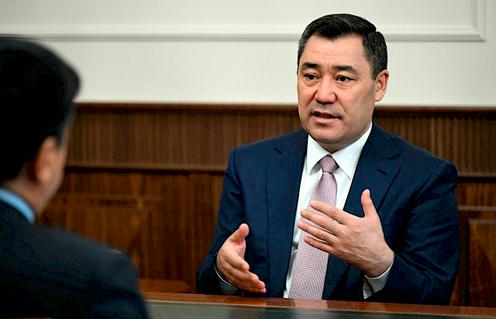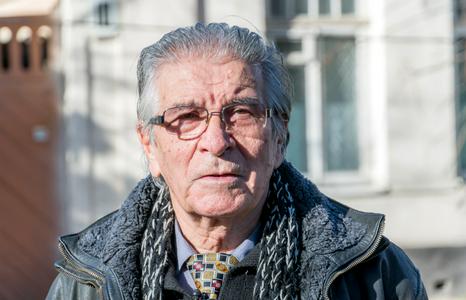In a recent interview with the Kabar news agency, Kyrgyzstan's President Sadyr Japarov identified three principal errors made by Askar Akayev during his presidency.
Firstly, Japarov criticized Akayev's failure to oversee the privatization program effectively. This oversight allegedly led to the misappropriation of state assets by «greedy government officials» who «plundered public property» and «dismantled functioning factories, selling equipment abroad."
Secondly, Japarov pointed to the deterioration of agriculture under Akayev's tenure. However, he attributed this not directly to Akayev but to his appointment of an incompetent minister to lead the sector. «Akayev is not an agronomist; he's a scientist. We can blame the incompetent, demagogue minister for the agricultural sector's decline,» Japarov explained, suggesting that a strong leader like the late Jumgalbek Amanbaev should have been appointed instead.
The third and most significant mistake, according to Japarov, was Akayev's reluctance to relinquish power. «After 10 years in office, he should have stepped down,» Japarov stated, emphasizing that people tire of seeing the same politician for extended periods, regardless of their merits.
Japarov referenced global term limit practices, noting that presidents are typically elected for a single seven-year term or two terms of 4-5 years. He suggested that if Akayev had left office timely, rather than being forced out by popular uprising, he might have been honored in the gallery of distinguished personalities at the new «Yntymak Ordo» presidential administration building.
The interview followed the Jogorku Kenesh's (Parliament) recent decision to deny Akayev's request for reinstatement of his ex-president status. Japarov used this context to stress the importance of learning from past mistakes and the principle that the minority should respect the majority's decision.
Akayev led Kyrgyzstan from independence until 2005 when he was ousted in a revolution. He subsequently fled to Russia, where he engaged in academic pursuits. His recent request for the restoration of his ex-presidential status was interpreted by Japarov as a desire to secure his historical legacy rather than for the associated benefits.










